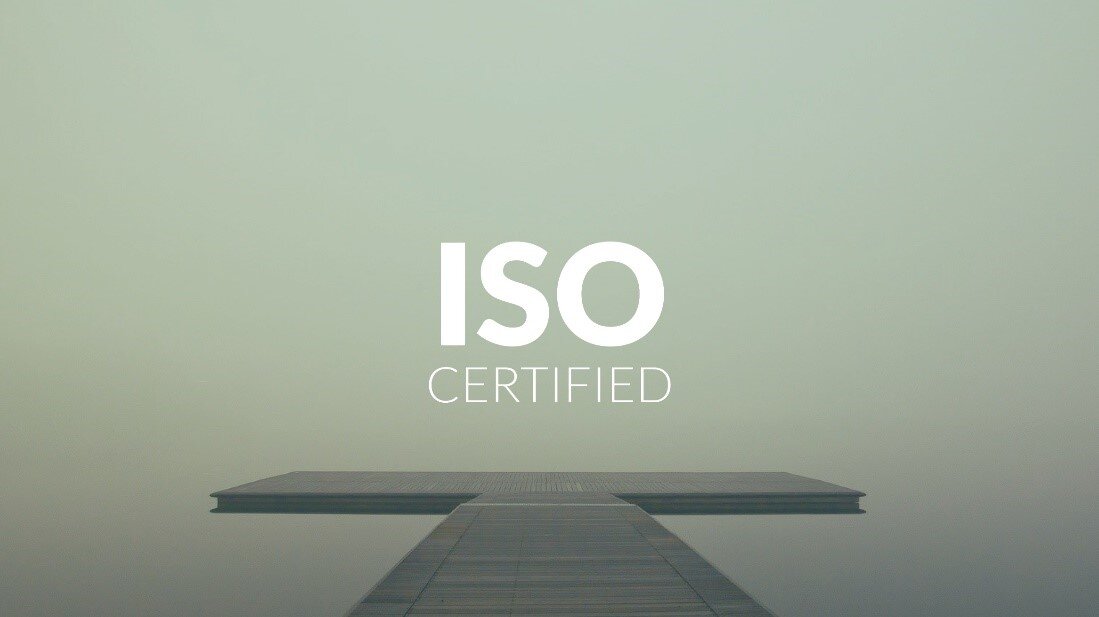What are the biggest challenges currently facing data security and privacy?
As organizations embark on digital transformation, there is a clear need for enterprise data privacy and protection. New data privacy laws and the growing enforcement of existing regulations challenge organizations. And most organizations face rapid data growth and proliferation across the enterprise. Organizations have more data, more use cases, and more locations than ever before
First what is data privacy?
Data privacy and data protection are very closely interconnected, so much so that users often think of them as synonymous. But the distinctions between data privacy vs. data protection are fundamental to understanding how one complements the other. Privacy concerns arise wherever personally identifiable information is collected, stored, or used.
Second what is data security?
Data security is about securing data against unauthorized access. Data privacy is about authorized access — who has it and who defines it. Another way to look at it is this: data protection is essentially a technical issue, whereas data privacy is a legal one.
Data encryption ensure only privilege users has access
Data encryption isn't just for the technical advanced; modern tools make it possible for anyone to encrypt emails and other information. "Encryption used to be the sole province of geeks and mathematicians, but a lot has changed in recent years. In particular, various publicly available tools have taken the rocket science out of encrypting (and decrypting) email and files. based on what your need are our firm can help you implement the right technologies to ensure data security.
Stronger Password and Multi-factor Authentication
Password and Multi-Factor are essential when protecting data and data privacy from unauthorized users, or attackers. unfortunately many user don’t understand the importance of passwords. So much so that the 20 most commonly used passwords not only contain highly insecure passwords like the word “password”, they also account for a whopping 10.3% of all passwords that are being used. CyberSecOp recommend creating passwords that contain a minimum of 8 characters. If your password protects something sensitive, like access to your bank account, then use a minimum of 12 characters. all password should contain at lease one upper and lower case, and a symbol. don’t use the same passwords for every site, you can use difference variations of the password making it easier to recall. Example: Chase Bank : Iwanttolive1o8chase% Facebook:Iw@nttoliv3fb.
Enable two-factor authentication.
On top of having good passwords, consider enabling two-factor authentication when you sign into your email, bank website or any other sensitive account. When using two-factor authentication, a code will be sent to your phone when you sign in. You then input the code to access your account. Hackers likely don’t have access to your phone, so this can be a great way to add a layer of password security and data security. It may feel like additional work, but the extra protection can go a long way.
All organization needs an Ethical Hacker team like CyberSecOp
An ethical hacker is one who mimics the actions of a malicious hacker so as to detect security risks in advance and thus prevent breaches and attacks.
Any organization or business can hire the services of an ethical hacker to test/monitor the organization’s defenses, perform IT health checks and penetration tests, to assess the security of the systems and to evaluate the overall security of the organization’s network. An ethical hacker can provide valuable help to an organization by detecting vulnerabilities in a system/network on time and thus prevent the exploitation of data (customer data, financial data and other sensitive data), which could happen as a result of cybercriminals exploiting the vulnerabilities.
Backup is an essential part of data security
Backups are most often overlooked, data protection and backing up your data is essential when you have a major security event such has ransomware. Basically, this creates a duplicate copy of your data so that if a device is lost, stolen, or compromised, you don't also lose your important information. It's best to create a backup on a different device, such as an external hard drive, so that you can easily recover your information when the original device becomes compromised. It is critical that once the backup has complete to physically disconnect the backup device for the system, if the backup drive stay connected and your system becomes affect by ransomware, your backup data could also be affected.
Data Security, Data Privacy & Compliance
CyberSecOp can provide guidance and assistance with addressing privacy and data security practices, as well as to ensure that the practices and program implemented are compliant with relevant laws and regulations. The EU and some US Federal agencies, including the Federal Trade Commission (FTC) and the National Institute of Standards and Technology (NIST), have been promulgating updated guidelines and recommendations for privacy and data security best practices in a variety of industries, including some of the newer Internet of Things and peer platform (sharing economy) marketplaces. Additionally, several industry groups have adopted self-regulatory programs and rules, including certification programs, to which a company can voluntarily abide.
In view of these guidelines and others, companies are further encouraged to establish internal policies and procedures to ensure compliance. Business policies may include a top-level information security and privacy policy, which expresses a commitment to data security and privacy from the top-level officers of a company, a risk management program, an acceptable use policy, access compartmentalization, communications monitoring, breach reporting, a document retention policy and outsourcing policies. Technical policies may include a variety of commitments to technical controls to ensure the protection of data, including encryption, passwords, authentication protocols, disaster recover, intrusion detection, physical security, patching and the like.






